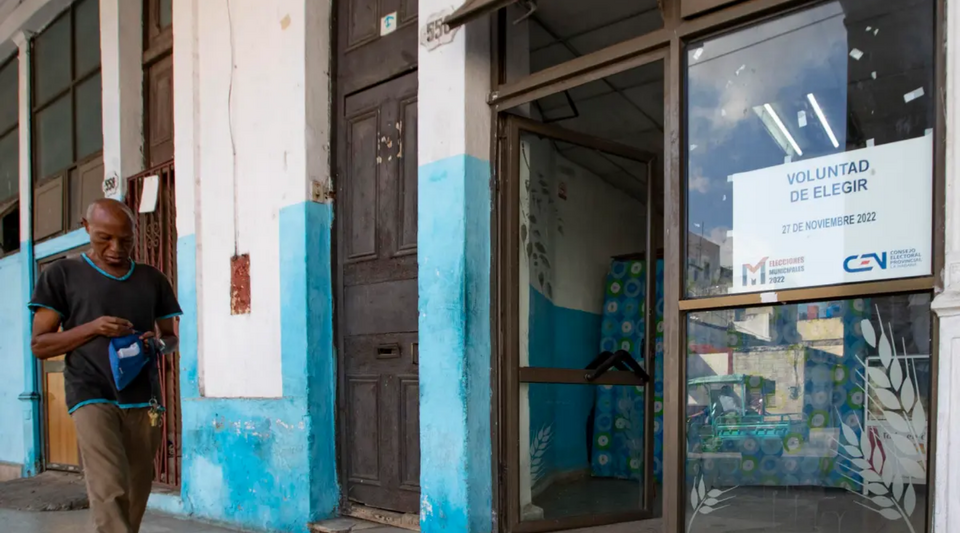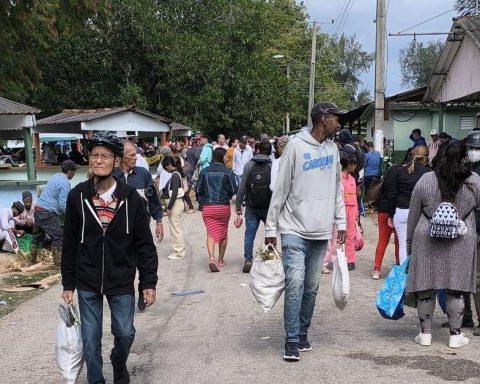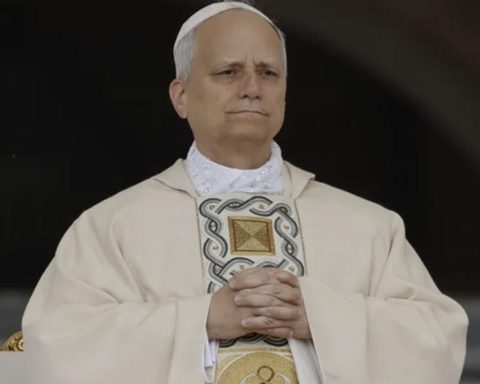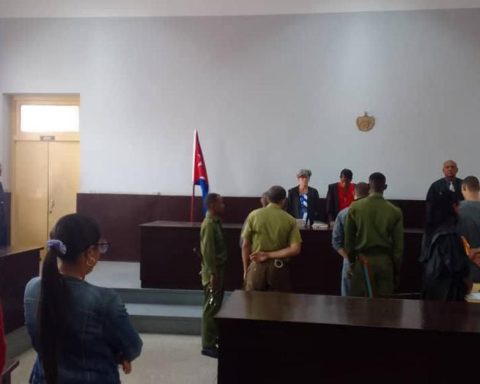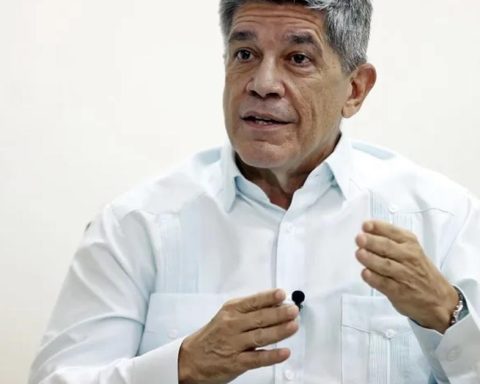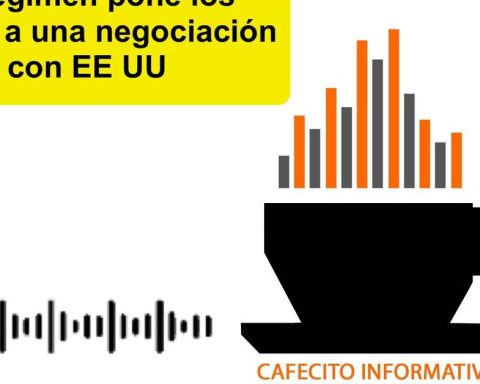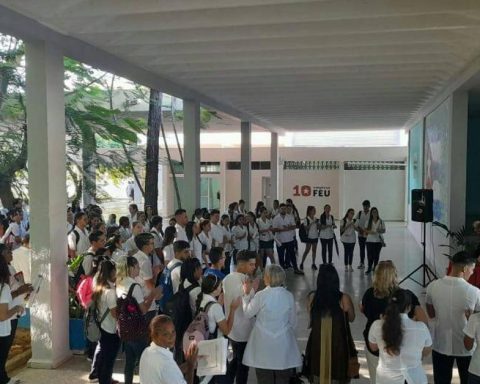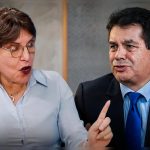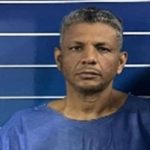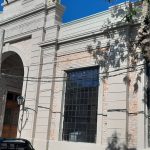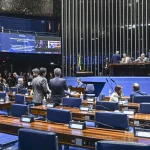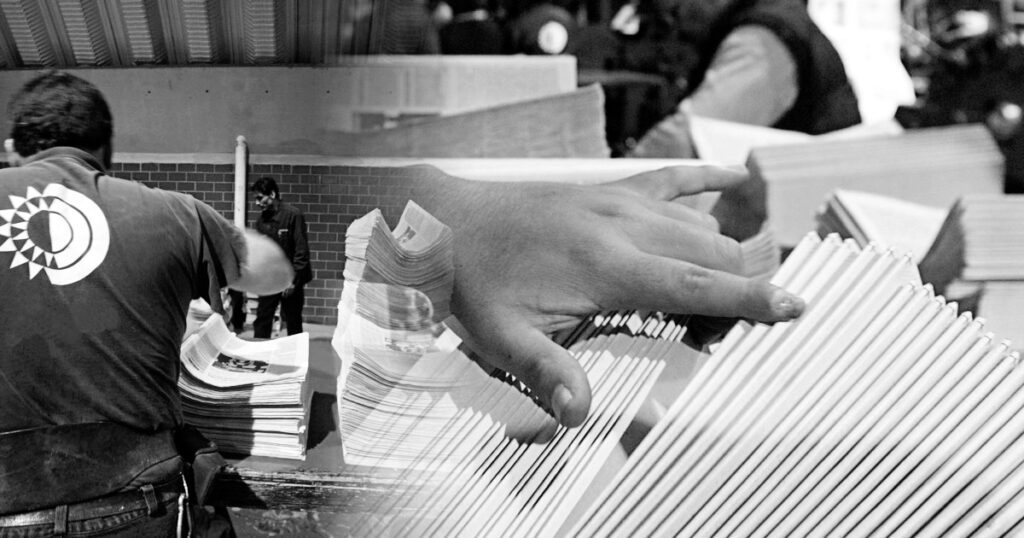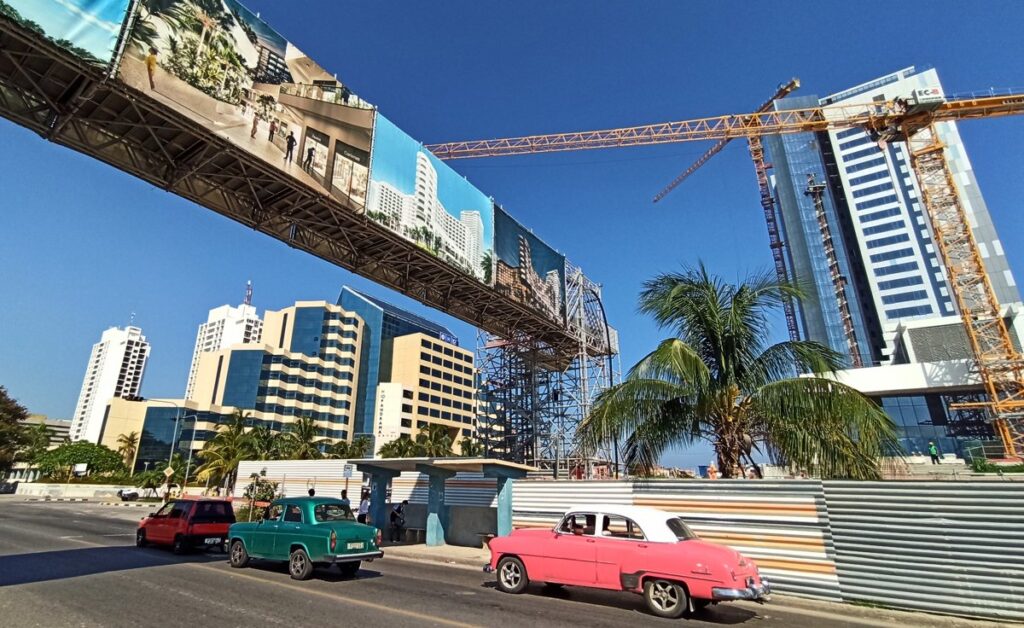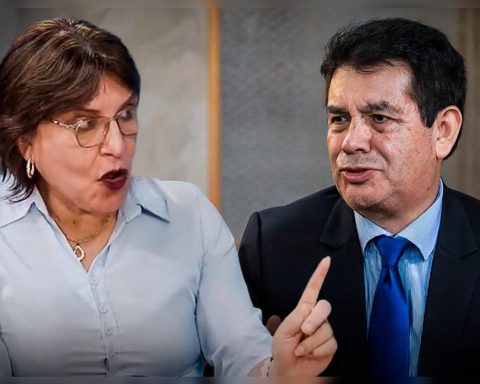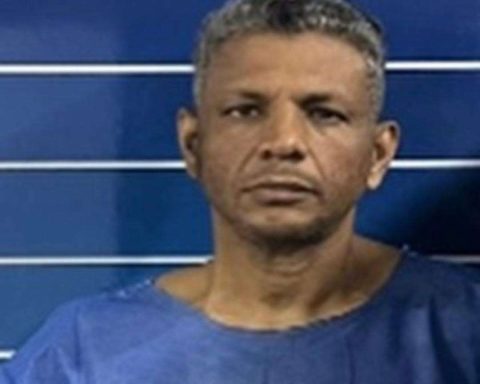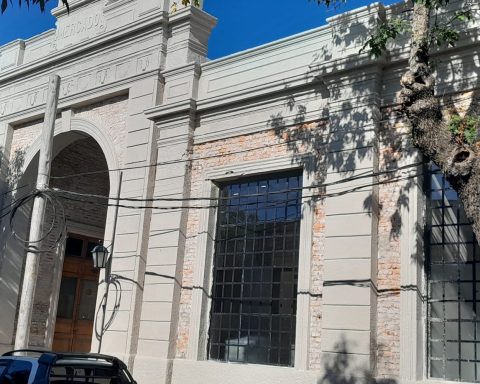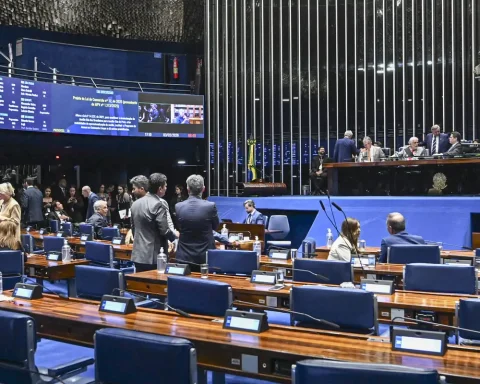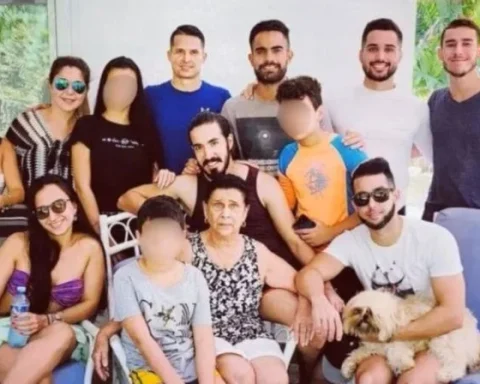(EFE)
With the cut-off at 5:00 p.m. local time, the last published, two hours after the closing of the schools, the participation stood at 63.85% (an abstention of 36.15%), 18.2 points below the rate at that same time in the previous local elections, those of 2017.
Since 1976, when the first municipal elections were held since the triumph of the Revolution, participation had fluctuated between 98.7% in 1984 and 85.94% in 2017.
Since 1976, when the first municipal elections were held since the triumph of the Revolution, participation had fluctuated between 98.7% in 1984 and 85.94% in 2017.
The voters were reluctant to participate despite the fact that the closing time of the polls was delayed by one hour, originally contemplated at 6:00 p.m. local time, “at the request of the electoral councils in several territories and of the voters themselves.” as explained by the National Electoral Council (CEN) without providing further details.
The levels of demobilization registered are reminiscent of the 26% abstention registered in the referendum on the Family Code last September. Then the Cuban president, Miguel Díaz-Canel, referred to a “vote of punishment” for the economic consequences of the pandemic.
Among the reasons behind this rate of abstention are, according to different observers, the boredom of a certain part of the population after two years of serious economic and energy crisis, the lack of information in the absence of an electoral campaign and the appeals from the opposition, inside and outside the island, not to vote.
Early in the morning, Díaz-Canel pointed out from his polling station that the country was going to the polls despite “economic suffocation” and a “smear campaign.”
“This exercise is a citizen’s responsibility because we are electing our representatives in the municipal bodies, the country’s main government structure. It is in line with the work in recent years to perfect socialist democracy,” he added.
He pointed out that the delegates of the circumscriptions that are elected on this day “address and approve the development programs based on the country’s priorities. Afterwards, the communities participate by implementing what they themselves proposed and has been approved by their participatory bodies”.
For a few weeks, different opposition groups –especially from exile– pushed the option of abstention from social networks, although there is no real way to measure to what extent they could influence the final result.
Another common denominator was the lack of voters under 30 years of age. According to official data, 22,205 young people will be able to go to the polls for the first time
Also in the morning, the Foreign Minister, Bruno Rodríguez, affirmed that the dissidence campaign “does not make a dent” in the town and predicted a “very high participation”.
“They are tentative, they bark, which means that we are riding and advancing (…) it is a pity,” Rodríguez added.
Likewise, the elections took place –as already happened with the referendum on the Family Code, approved with 66.87%– in the midst of the worst economic and energy crisis at least since the 1990s, which translates into a shortage of products staples, galloping inflation and increasingly long and widespread blackouts.
EFE was able to verify in a tour of three voting centers in the early stages of this election day a low influx of people. Those who attended since the schools opened at 7:00 were, above all, older people or supporters of the Government.
Another common denominator was the lack of voters under 30 years of age. According to official data, 22,205 young people will be able to go to the polls for the first time.
For Richard Romero, 41, it is necessary to “reach” the youth. “You have to know how to get close to them. The boys are on something else,” he told EFE after casting his vote in the Havana municipality of Playa.
In this tour, EFE was also able to verify a certain lack of knowledge in a no lesser number of participants about the role of neighborhood delegates in the political organization chart.
The delegates are in charge of the direct management of problems and complaints in their communities and make up the Municipal Assemblies of People’s Power, the administrative level closest to the citizen. Among the functions of this assembly is the implementation of a Candidacy Commission, which selects candidates for the unicameral Cuban parliament.
Another marked element in the day were the complaints from independent civil society organizations for the arrest of activists who tried to act as observers in the process.
These elections are, in fact, the starting signal for a process that will conclude next year to form Parliament, which in turn will elect the President of the Republic. Díaz-Canel can run for a second consecutive term, according to the 2019 Constitution.
Political campaigns do not exist on the Island, however, the state media disseminated information on the elections in the previous days, although without influencing the practical details or the importance of the election as a starting point for the process of renewal of the main country charges.
These last powers were unknown to a significant number of voters interviewed outside their polling station, including the very member of a polling station. “I don’t know, they help us a lot, but I couldn’t tell you about that,” she told EFE.
Another marked element in the day were the complaints from independent civil society organizations for the arrest of activists who tried to act as observers in the process. They also denounced that the security forces prevented some of them from leaving their homes.
According to official data, of the more than 26,000 candidates running for the elections, 70% are members of the Communist Party of Cuba (PCC) or the Union of Young Communists. In addition, 44% are women, 7% are young and only 27% choose to repeat their position.
________________________
Collaborate with our work:
The team of 14ymedio He is committed to doing serious journalism that reflects the reality of deep Cuba. Thank you for accompanying us on this long road. We invite you to continue supporting us, but this time becoming a member of our newspaper. Together we can continue transforming journalism in Cuba.
